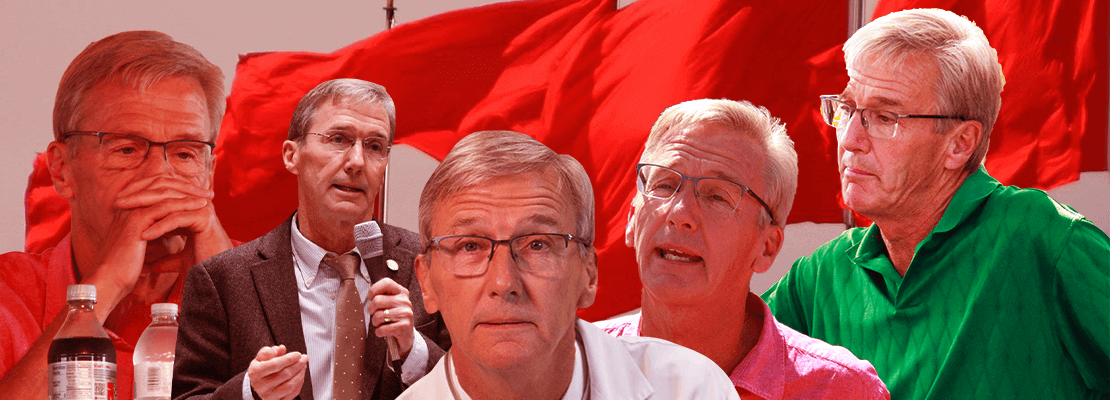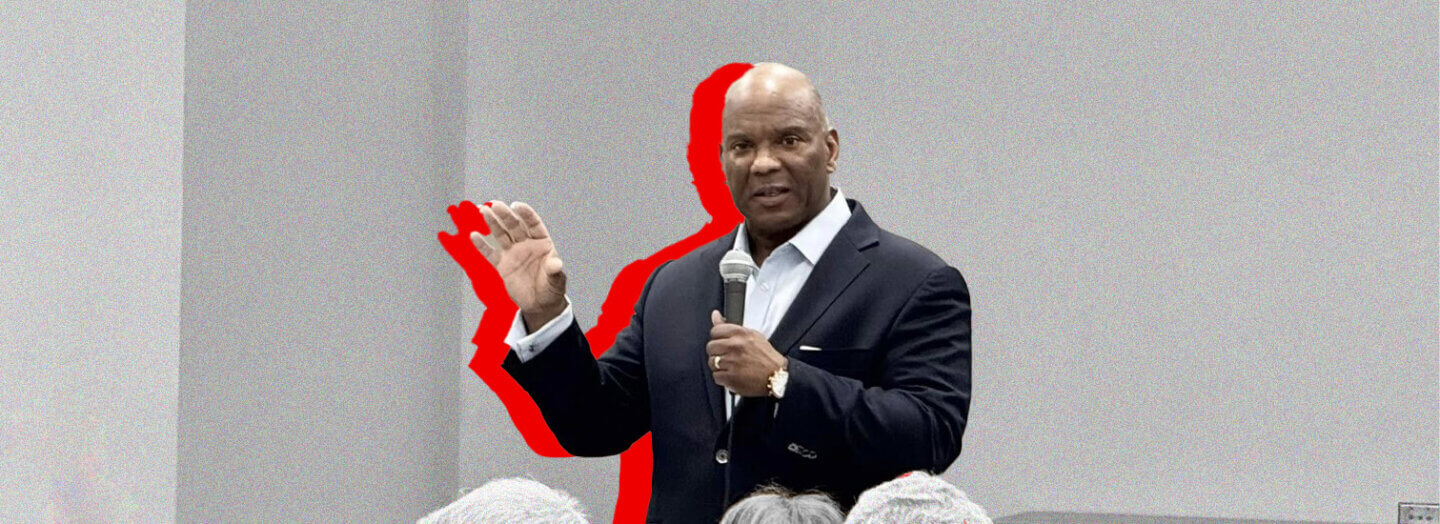Al Franken Praises FCC Plan For Net Neutrality.
BY:
 One of the major topics of debate in the technology industry over the past year has been net neutrality. The Federal Communications Commission has to decide whether internet companies like Comcast and AT&T should have the legal ability to provide faster internet for people who are willing to pay more for faster speeds (including so-called “fast lanes” for businesses that can afford to pay more for their sites to load more quickly).
One of the major topics of debate in the technology industry over the past year has been net neutrality. The Federal Communications Commission has to decide whether internet companies like Comcast and AT&T should have the legal ability to provide faster internet for people who are willing to pay more for faster speeds (including so-called “fast lanes” for businesses that can afford to pay more for their sites to load more quickly).
Progressive lawmakers such as Minnesota’s Senator Al Franken have been at the forefront of the debate since it gained momentum in Congress.
And, as recently as last Wednesday, the work championed by Franken and other legislators who understand that the internet is a resource to be shared by everyone at equal accessibility may have paid off.
The chairman of the FCC, Tom Wheeler, published an op-ed in Wired Magazine summarizing his suggestion to regulate the internet as a utility equally for all:
I am submitting to my colleagues the strongest open internet protections ever proposed by the FCC. These enforceable, bright-line rules will ban paid prioritization, and the blocking and throttling of lawful content and services. I propose to fully apply—for the first time ever—those bright-line rules to mobile broadband.
My proposal assures the rights of internet users to go where they want, when they want, and the rights of innovators to introduce new products without asking anyone’s permission.
Sen. Franken praised Wheeler’s op-ed, saying it was “a win for consumers, for small businesses trying to compete with big guys, and for innovation… I’m so glad that the millions of Americans who spoke out in support of strong net neutrality rules have been heard.”
Maintaining momentum on the issue is something Sen. Franken has been doing for months. Back in November, Sen. Franken broke down the idea of net neutrality for Senator Ted Cruz, who seemed to be misinformed about what net neutrality would actually do: keep the internet running the same way it’s always been run.
The FCC guidelines outlined by Wheeler in Wired propose to classify the internet as a tool we all use, and thus should remain the same speed for everyone.
While the FCC won’t officially vote on net neutrality until February 26, the op-ed from Wheeler is one of the most significant developments regarding the debate since its beginning.
With an issue as big as net neutrality, it’s critical for our legislators to fight on our behalf. Luckily for Minnesotans, Sen. Franken plans to continue the fight for equal internet for all.
JOIN US.
contribute to the conversation


